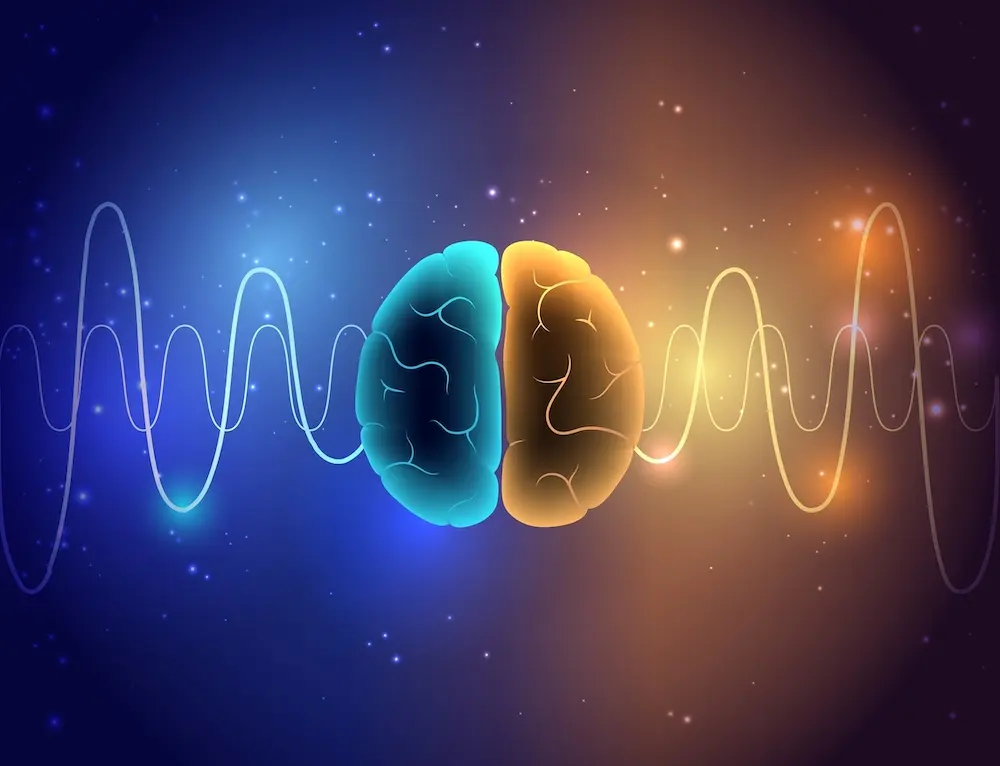Autism Spectrum Disorder
Recent research has shown that autistic disorders are based on disturbances of neural connectivity. Neurofeedback seems capable of remediating such disturbances when these data are considered part of treatment planning.
The prognosis of this pervasive disorder depends on intellectual abilities: the better the intellectual functioning, the higher the possibilities for life adaptation. Q-EEG shows generally increased delta-theta activity in the frontal region of the brain, which is related to poor cognitive abilities. Brain rate measured in CZ shows slow brain activity related to under arousal. Pharmacotherapy, behavior therapy, social support, and especially neurofeedback techniques promise slight improvements.
Anxiety and Depression
In evaluating the studies in the overall broad area of the neurofeedback treatment of anxiety disorders, EEG biofeedback (neurofeedback) qualifies for the evidence-based designation of being an efficacious treatment.
EEG biofeedback is an exciting, cutting-edge technology that offers an additional treatment alternative for modifying dysfunctional, biologic brain patterns that are associated with various psychiatric conditions.
Migraines
Traditional peripheral biofeedback has grade A evidence for effectively treating migraines. Two newer forms of neurofeedback, EEG biofeedback, and hemoencephalography biofeedback were combined with thermal hand warming biofeedback to treat 37 migraineurs in a clinical outpatient setting.
37 migraine patients underwent an average of 40 neurofeedback sessions combined with thermal biofeedback in an outpatient biofeedback clinic. All patients were on at least one type of medication for migraine: preventive, abortive, or rescue. Patients kept daily headache diaries a minimum of two weeks before treatment and throughout treatment, showing symptom frequency, severity, duration, and medications used. Treatments were conducted an average of three times weekly over an average span of 6 months. After an average of 14.5 months following treatment, a formal interview was conducted to ascertain the duration of treatment effects.
Read full article Insomnia
A single-blind study using Z-score analysis showed that following neurofeedback, 'all participants were normal sleepers.'
This study, first published in Applied Psychophysiology and Biofeedback, demonstrates the potential of neurofeedback in treating insomnia and improving sleep quality.
Read full article Additional Research Resources
For many other studies, the International Society for Neurofeedback and Research maintains a comprehensive bibliography of research articles discussing conditions that are positively affected by neurofeedback. This resource is compiled by D. Corydon Hammond, Ph.D., Professor of Physical Medicine & Rehabilitation at the University of Utah School of Medicine.
Visit ISNR for More Research
Ready to explore how neurofeedback can help you?
Schedule a free evaluation to discuss your specific needs and learn more about our treatment options.
Schedule Your Free Evaluation Today 

